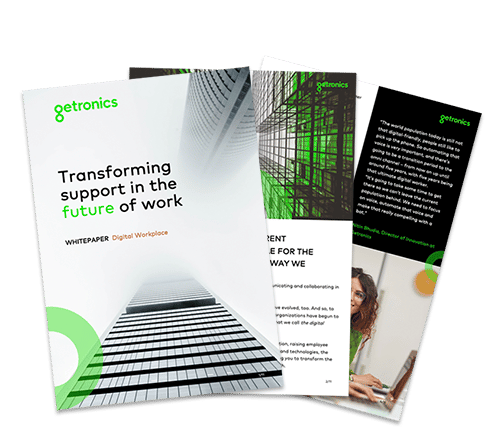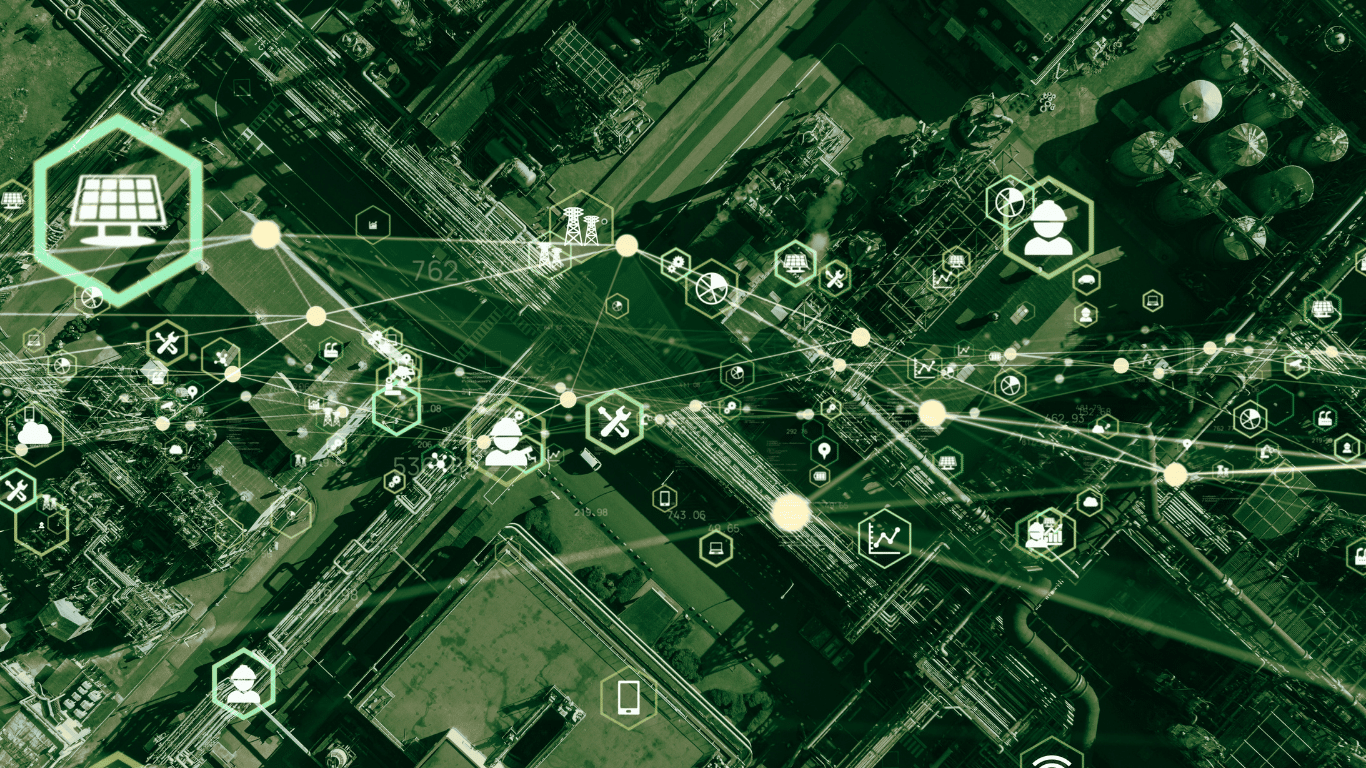07/07/2022
The world of work has changed dramatically over the last two years. Although remote working has long been a possibility thanks to video conferencing tools and enterprise apps, in March 2020, it suddenly became a necessity. While many businesses have adapted well to this transition, on the whole, hybrid work models continue to present challenges in some areas – notably, around the IT service desk.

In a post-COVID world, where workers and customers are spread out more diffusely than ever, the service desk provides a rare opportunity for company cohesion. But only if you have the right IT support tools and processes in place. That’s the only way to ensure that the service desk lies at the heart of your organisation and supports its operations efficiently.
Moving from SLA to XLA
The growth of the IT service desk market – the number of support tickets increased by 30% year-on-year in 2021 – belies the fact that the sector suffers from a number of pain points. Chief among them is a misguided focus on SLA metrics – even when the user experience continues to be poor.
The consumerisation of IT has driven user experience to be the core differentiator for the service desk. This means much more than simply having the right BYOD or remote work policies – it means making sure the end-user is in the right position to perform to the best of their ability. It means trading out a focus on SLAs for one on experience level agreements (XLAs).
While XLA metrics may be more ambiguous than those associated with SLAs, that doesn’t mean they are less important. Things like service quality, communication, and clarity of information can all help you to meet your XLA goals. A service desk that prioritises XLA-thinking not only provides support, but should monitor devices, carry out proactive resolution, write scripts to automate processes, and use data to understand end-user needs. In an era of hybrid working, there is an opportunity to use your service desk to drive higher levels of employee satisfaction and performance – and that starts with defining your XLAs.
The service desk as a single point of contact
Another impact of the rise of hybrid working is a fragmentation of the tools that workers are using and the solutions they require assistance with. In response to this trend, it’s important that IT service desks represent a focal point within your business – a single point of contact offering a fully integrated service.
Not too long ago, a service desk professional didn’t need to have much more than some knowledge of the operating system and a basic understanding of the relevant hardware. Today, with technology touching every aspect of a worker’s life, the service desk has to manage enterprise solutions in all their complexity, encompassing mobile apps, network solutions, cloud software, and a host of other tools, to ensure issues are resolved and workflows remain organised.
In order to offer a fully integrated service desk, you need to streamline these workflows by integrating your support system with your monitoring tools. Set standards around incident, problem, release, and change management, and make sure they are adaptable enough to fit your internal support framework. And finally, make sure your service desk enables anytime, anywhere availability – that’s what the modern workplace demands.
DIGITAL WORKPLACE WHITEPAPER
In this whitepaper, written by Nitin Bhudia, Head of Service Management & Engineering, we’ll be exploring some of the biggest game-changers for the digital workplace, together with use cases and real-life applications to better enable your digital workers.
How the service desk empowers your digital workplace
There is plenty of talk about businesses adopting a truly digital workplace. Post-pandemic, more than 80% of companies are set to adopt new office safety and resource efficiency strategies, with the Internet of Things playing a critical role around smart lighting, activity monitoring, and space utilisation. Meanwhile, 78% of CEOs agree that remote collaboration will form part of a long-term workplace shift. But what do these changes mean in practice?
To facilitate the digital workplace of tomorrow, businesses need to get their support right today. This will ensure that the innovative solutions they plan to launch will empower their employees – not hinder them. Of course, you could purchase a service desk from an external provider, but if that is all you end up purchasing from that particular vendor, you risk missing out on added value and efficiency.
At Getronics, we understand the importance of offering a fully integrated service desk, one that forms part of a wide, global IT portfolio. We provide end-to-end management of all incidents that combines the three key aspects of an effective IT service desk: People, Technology, and Process:
- People: It’s important to remember that it’s the customer that delivers the service. Besides IT knowledge, service desk agents must understand the culture of the customer, as well as the performance and experience drivers of its employees.
- Technology: The service desk tooling needs to monitor endpoints for proactive incident resolution and feed AI platforms to prevent downtime and deflect initial contacts to highly skilled agents.
- Process: Service Management processes enable service desks to support customers in a transparent and integrated manner.
As part of the ServiceNow partner program, we understand that the service desk is not about simply responding to support tickets as quickly as possible; it is a fully integrated approach to understanding digital workflows better. To achieve this, we never forget to prioritise the human aspect of support. The service desk is the “human face” of IT and for many end-users, it is the only touchpoint between them and the enterprise technology they use regularly.
Our partnership with OneReach allows us to transform Getronics’ and our customers’ experience with service desk support. The Conversational AI first-line solutions enable quicker performance restoration for easy fixes and the expansion of the “human face” to cover more complex support.
People tend to see the service desk as a fringe issue, part of the company that is not as important as other pieces of IT. But when you really look at it, the service desk can be fundamental to the success of the company. At Getronics, we can provide a combined offering that focuses on both the technical and human elements of your service desk. It’s the head that keeps the lights switched on and the beating heart that fosters employee innovation.





